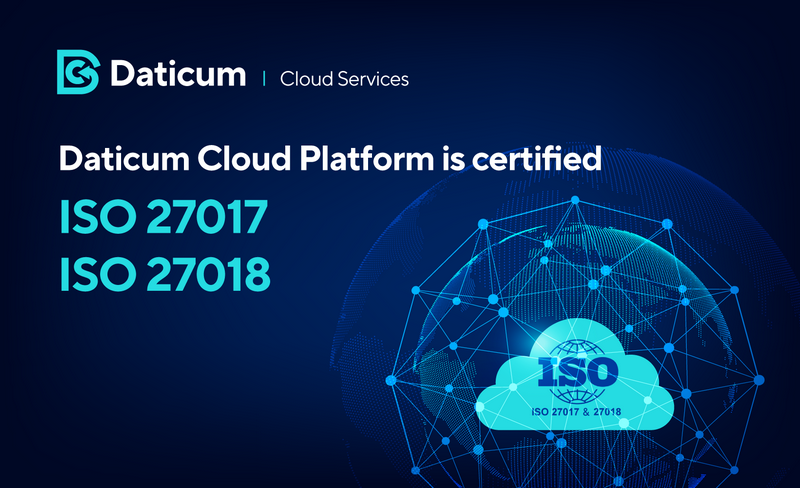Photo credits© Adobe Stock
Broadening corporate sustainability reporting to encompass societal and environmental impacts
We share some reflections on Sirma’s commitment to sustainability presented by Stanislav Tanushev, Investor Relations Director, at Sirma Group Holding.
Sirma has been prioritizing sustainability even before the term became globally recognized. The companies within the Group have been pioneers in adopting sustainable practices such as paperless work processes, remote work environments, energy efficiency, cloud computing, process optimization, use of green energy, and recycling of old hardware. The realization that sustainability also improves our financial results has further fueled our commitment to sustainable practices.
 Photo credits © Adobe Stock
Photo credits © Adobe Stock
Sirma’s operations have a significant impact on sustainability, with a strong focus on its double materiality effect. By utilizing its data centre - Daticum, Sirma helps its clients become more sustainable, which is a clear demonstration of the company’s commitment to sustainability. Sirma’s efforts encompass all three pillars of ESG and go beyond mere compliance. Georgi Tsekov, CEO of Daticum:
We know that in-house sustainability is good for the bottom line. Now we are focusing on spreading sustainability to our clients.
Environmental Impact
Our data centre is committed to reducing its carbon footprint by adopting environmentally friendly practices. We achieve this by implementing energy-efficient technologies which help us optimize resource usage, thus reducing overall energy consumption. This not only helps in cutting operational costs but also demonstrates our dedication to mitigating climate change. However, the impact of the data centre goes beyond that.
We use virtualization technologies in our IaaS (Infrastructure as a Service) and PaaS (Platform as a Service) offerings, which play a crucial role in resource optimization. This is achieved by consolidating multiple virtual machines onto a single physical server, which maximizes hardware efficiency and leads to a reduced need for additional servers, thus lowering energy consumption. We provide IaaS solutions that optimize resource utilization, reducing the carbon footprint associated with traditional on-premises data solutions. Our maximization of efficiency and reduction of necessary hardware helps our clients conduct sustainable business with ease.
Social Impact
Our data centre takes into account not only environmental but also social aspects of ESG. We prioritize the well-being of our employees and foster a culture of diversity and inclusion. By providing a secure and supportive workplace, we ensure our team stays motivated and engaged, leading to the longevity and success of our operations.
Moreover, the sustainable benefits of our data centre extend to our clients. Our cloud storage solutions enable remote work, promoting work-life balance and flexibility. This not only enhances job satisfaction for our client’s employees but also aligns with broader societal trends towards remote and flexible work arrangements.
Governance Impact

Effective governance is essential for the success of any sustainable initiative, especially when dealing with a large amount of data. Our data centre adheres to the highest governance and data protection standards. We have attained the internationally recognised ISO 50001, 27001, 27017, and 27018 certifications, which ensure that our data management practices are systematic, transparent, secure, and aligned with legal requirements.
To further strengthen our governance, we provide Disaster Recovery as a Service (DRaaS) to our clients. This service ensures the swift recovery of critical IT systems and data in case of any disruption, thus minimising downtime and potential losses. DRaaS not only safeguards our client’s business operations and reduces risks, but it also demonstrates our commitment to sustainable governance.
The data centre located at Sirma is a great example of how positive Environmental, Social, and Governance (ESG) effects can be achieved through the IT sector. Its activities have a high level of double materiality for sustainability, which serves as a model for how the world should be organized in the future.
Double materiality represents the concept that information a company discloses can be material both in terms of financial value and impact on the world. It includes issues related to climate change and social and human capital and recognizes that the company’s impact on the world is significant and should be publicized for reasons beyond the bottom line.
